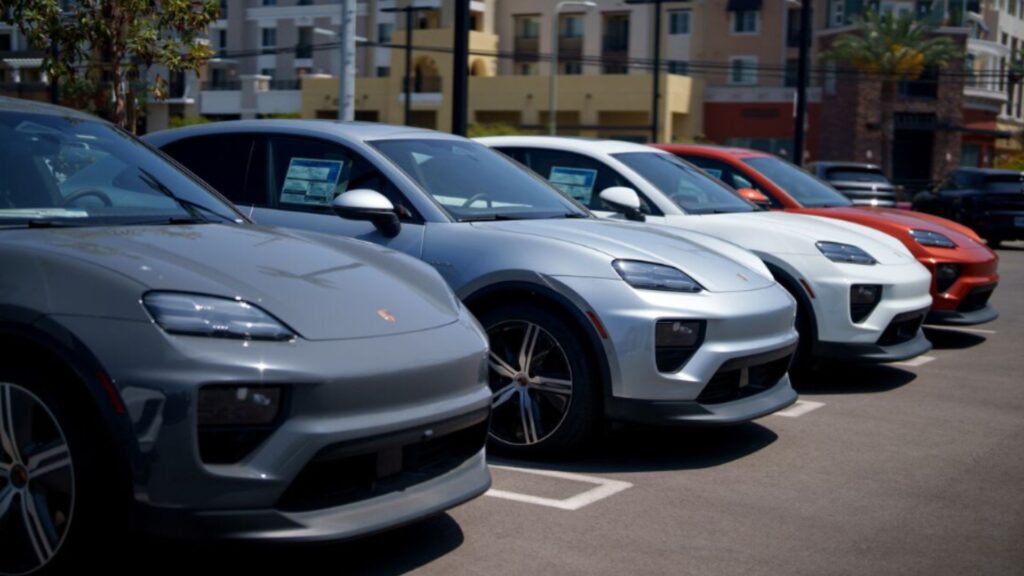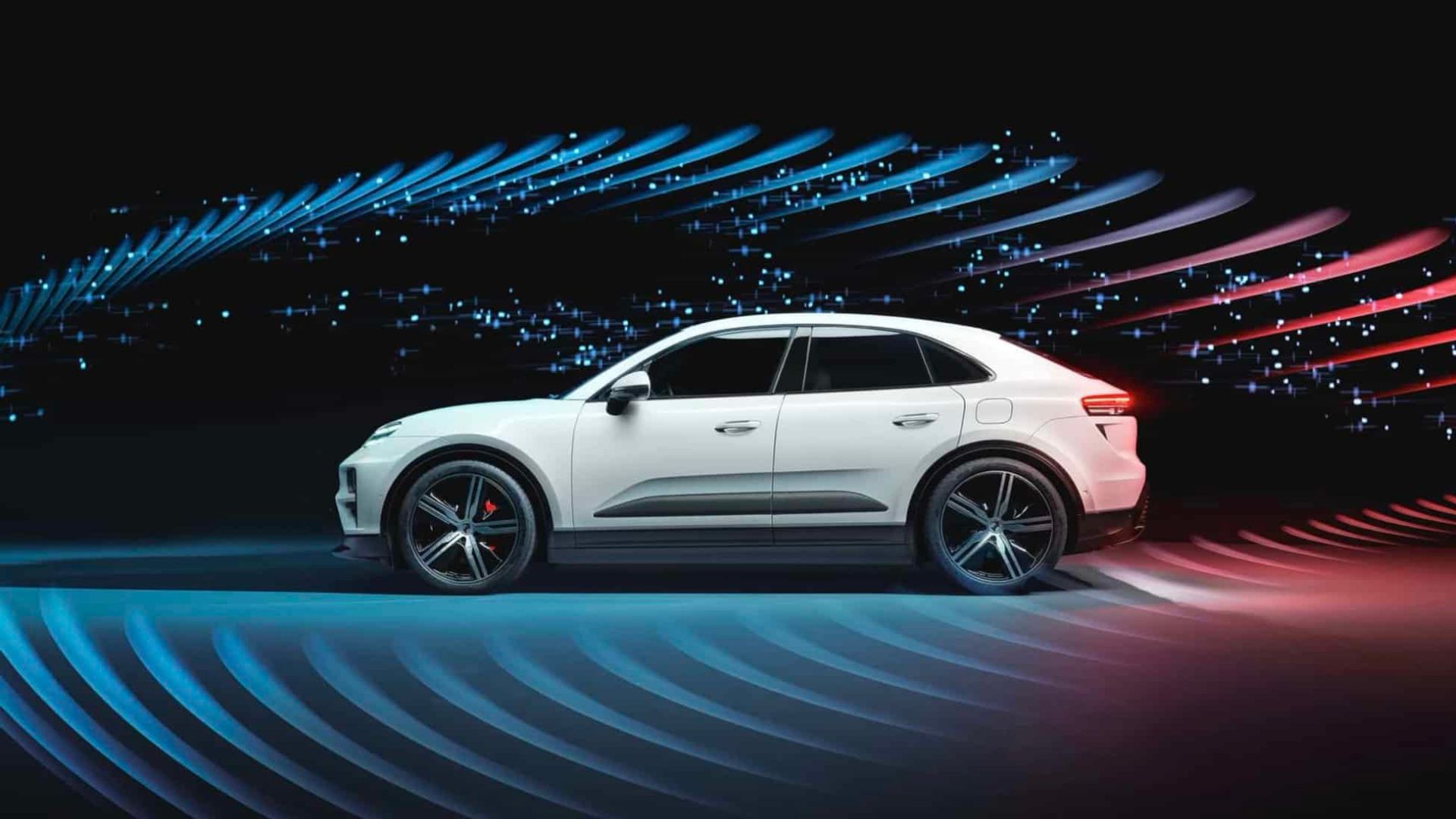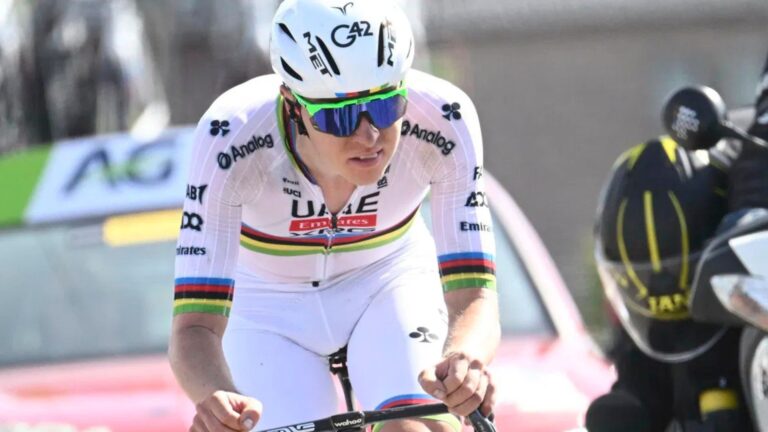
Porsche announced on Friday a dramatic pullback from its electric-vehicle strategy, inflicting a $6 billion operating-profit hit on parent Volkswagen and marking the fourth guidance cut this year for the luxury automaker. The Stuttgart–based company will delay the launch of several all-electric models and extend production of combustion and hybrid vehicles well into the 2030s in response to weaker-than-expected EV demand and mounting global pressures.
Flagship K1 SUV Reconfigured
Porsche’s centerpiece for its next-generation electric lineup, the K1 three-row SUV, will now launch exclusively with combustion engines and plug-in hybrid drivetrains instead of its originally planned all-electric configuration. The electrified K1 was positioned above the Cayenne to target families seeking a luxury EV with ample seating. Porsche cited a slowdown in global EV adoption and the cost of developing a bespoke platform as primary factors in reconfiguring the model’s powertrain strategy (EVXL).
Platform Development Postponed
The company’s previously announced next-generation EV platform, slated for debut in the early 2030s across multiple Volkswagen Group brands, has been postponed indefinitely. Porsche will now coordinate a complete technological redesign in collaboration with Audi, Bentley, and Lamborghini to align development schedules and share costs. This delay aims to optimize investment across the group but pushes back Porsche’s roadmap for high-margin, scalable electric architecture at least five years (Morningstar).
Financial Impact on Porsche and VW
Porsche forecasts up to €1.8 billion ($2.2 billion) in operating-profit headwinds for 2025 resulting from platform rescheduling, accelerated depreciation charges, and extended support for combustion models. Accordingly, it slashed its return on sales guidance to a maximum of 2%, down from a prior 5%–7% range, and trimmed its automotive EBITDA margin forecast to 10.5%–12.5% from 14.5%–16.5% (BNN Bloomberg).
Volkswagen—holding a 75.4% stake in Porsche—will absorb €5.1 billion ($6 billion) of the hit at the group level. VW also lowered its operating return on sales outlook for 2025 to 2%–3%, down from 4%–5%, reflecting the cascading impact of Porsche’s strategic reversal on the wider conglomerate.
Market Pressures Driving the Pivot
CEO Oliver Blume attributed the realignment to “massive changes within the automotive environment,” highlighting several converging challenges:
- A >80% contraction in China’s luxury-vehicle market, eroding Porsche’s most profitable region.
- Intensifying competition from domestic Chinese EV makers undercutting prices and expanding rapidly.
- 27.5% U.S. import tariffs on European vehicles instituted by the Trump administration, adding significant cost pressure on U.S. imports.
These headwinds contributed to a >30% share decline for Porsche over the past year and its removal from Germany’s DAX index on September 22, relegating the stock to the mid-cap MDAX for the first time since its 2022 IPO (Bloomberg).
Maintaining Core Model Programs
Despite its EV retreat, Porsche confirmed that existing battery-electric models—the Taycan, Macan EV, and the upcoming Cayenne EV—remain on track for their originally scheduled launches. Simultaneously, production of current combustion-powered Panamera and Cayenne variants will continue with extended lifecycles to bridge the gap until the next-generation platform arrives. The company expects to record approximately €3.1 billion in extraordinary expenses in 2025 associated with the strategic realignment.












